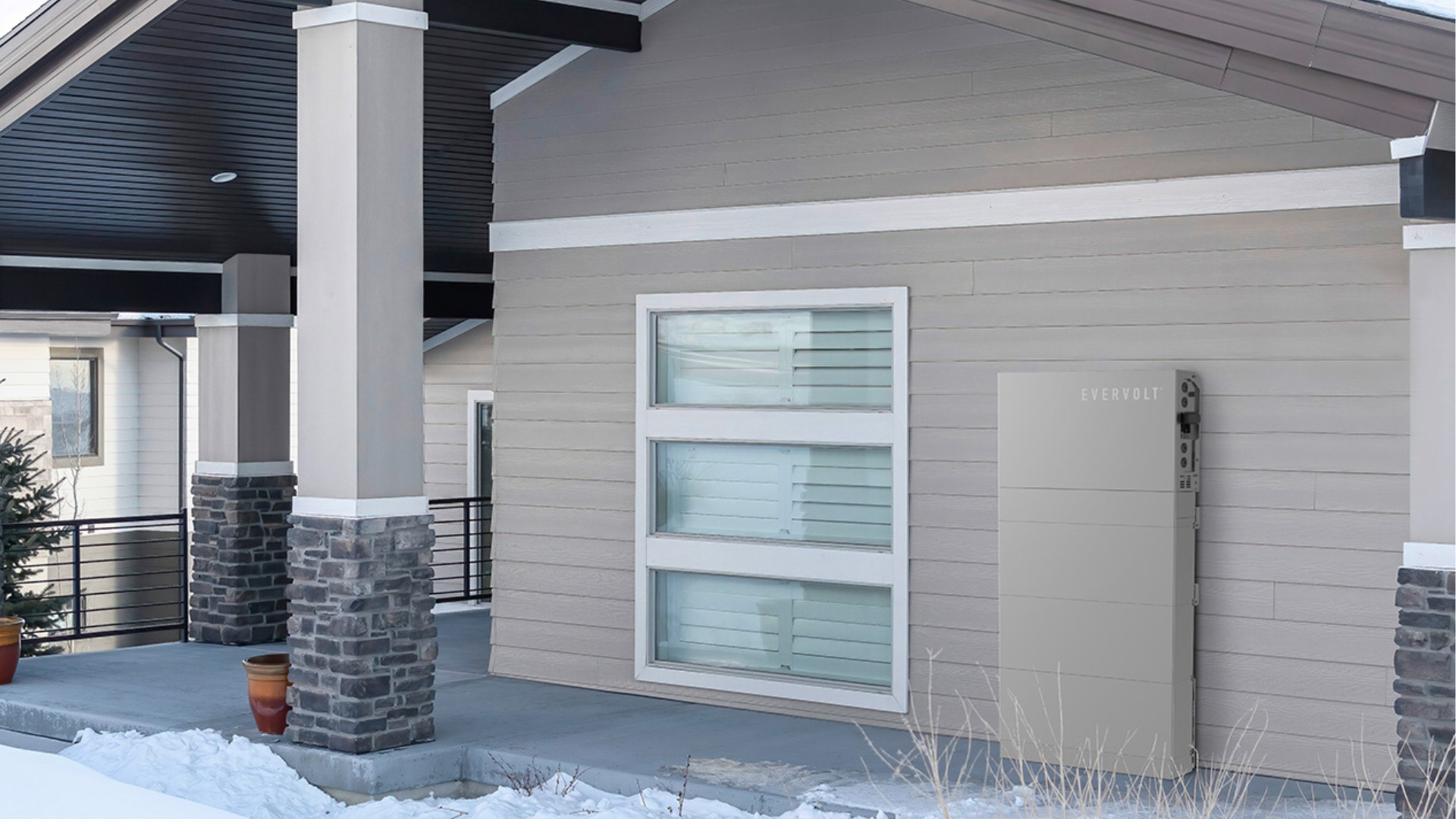The world is making a decisive shift towards renewable energy and solar is one of the most accessible sources of renewable energy. But a solar energy system can be expensive to purchase and install. Luckily, if you are working from home, you may be able to report residential solar as a business expense for your home office when tax season comes around.
Can Solar Panels Be Reported as Expenses on Business Use of Home?
Yes, solar panels can be reported as expenses on the business use of a home. The law allows you to deduct between 87% and 100% of the cost of the solar panels. One of the requirements when claiming tax credits is removing half of the percentage of the federal solar tax credit claimed for installing the solar panels for home use only (assuming that you didn’t have a home-based business).
Federal Tax Credits for Home Solar Installation
Every homeowner can claim federal tax credits equal to 26% of the cost of getting the solar panels. The deductions cover all expenses related to the purchase and installation of the solar panels and related equipment, including:
-
The cost of buying the solar panel system
-
The cost of labor for installing the solar panels, including inspection, permitting, and developer fees
-
Energy storage devices (batteries) are exclusively charged using power generated through the solar panels
-
Balance-of-system equipment such as wires and inverters
-
Taxes levied on the sales of all eligible expenses (the expenses covered above)
This tax credit only applies to solar panels purchased and installed between January 1, 2006, and December 31, 2023. The credit will end in 2024 unless Congress makes extensions – and this is likely, considering the ongoing push to adopt green energy. Remember to consult with your accountant or tax advisor on reporting solar as a business expense.
State Tax Credits for Home Solar Installation
States also offer tax credits for solar installation to encourage residents to adopt green energy. Claiming state tax credits will not reduce the federal tax credits. However, your taxable income reported to the federal government will be higher by the amount deducted as the tax credit for installing the solar panel.
Reconciling the Difference: A Simple Illustration
Suppose you bought a solar panel system and had it installed at the cost of $20,000. You qualify for a 26% federal tax credit for installing the solar panels for home use (assuming that you don’t have a home-based business), which equals $5,200.
Now, suppose that you have a home-based business. As mentioned, you can claim up to 100% of the solar panel’s purchasing and installation costs. However, you must deduct half of the federal tax credit. The federal tax credit was $5,200, which means that you must deduct $2,600. As such, you can claim up to ($20,000 – $2,600) $17,400 in tax credit.
Solar Deductions and Qualifying
Installing a solar panel system in your home will qualify you for deductions for home and home-based business use. Additionally, it can reduce energy bills significantly, depending on the weather and your energy consumption rate. As a friendly reminder, your accountant or tax advisor will be your best resource when it comes to reporting solar as a business expense.
To learn more about available tax credits, download your free ITC whitepaper below. If you have additional questions, feel free to contact one of our Energy Coordinators to learn more about the costs and potential savings associated with residential solar.






